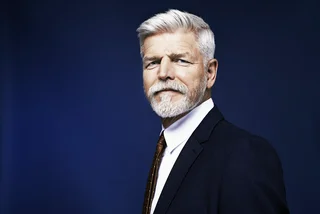This interview was conducted in the course of research for an article on the Czech presidential elections, which was published in Politico, by Dr. Benjamin Tallis, Research Fellow at the German Council on Foreign Relations (DGAP).
Danuše Nerudová is a Czech economist specializing in tax policy and economic inequality. She was previously the Rector of Mendel University in Brno (2018-2022) and chaired the Czech Commission for Fair Pensions. Nerudová is one of the leading candidates in the Czech presidential election that will take place in January 2022 and offers a dynamic vision of change and societal renewal.
Ms. Nerudová, why should people vote for you?
I’m an independent candidate and I’m also the youngest candidate for president – and the only one representing the future. I don’t have any baggage from the time before 1989. We can’t keep looking to the past, and I want to start a real national discussion about the future, such as about which economic model we should have and how our society should look in five years' time.
I want the Czech Republic to be a modern and sustainable country – socially as well as environmentally. I want us to be more highly educated and accelerate our digitalization. We can become the "Tech Republic," but we also need to actively support people who have had poor fortune or who have difficult lives.
What makes you the best candidate to focus on the future?
The world is moving fast. We need to keep up and master that change, not waste time talking about the country's or president’s past. It’s time to face the future.
Also, I’m an economist and that helps me look at some of the key problems we face. I can help the country explore its choices and find the best way forward on many issues. For example, while we have enough gas for this winter, next winter could be really tough and we need to have a plan that everyone buys into.
I can help moderate the national conversation on this and help the Czech Republic to find ways to manage. I proved my capacity in this regard as an expert economist on the government’s Covid-19 crisis committee coming up with measures to tackle the economic crisis that the pandemic triggered.
Let me push you on the economic side of this because several people argue that the current economic model is actually at the root of many of Czechia's problems.
Yes, well that’s exactly what I started to talk about during the Covid-19 crisis, because I think that really showed that the current economic model based on cheap labor isn’t working. That’s why I’ve been saying that we need to redefine our economic model – and actually, in some ways, it is already happening in response to Covid-19.
We need secure supplies, not ones that are 'just in time,' and I think a bigger change is coming too. I think Europe will head in the direction of what’s called ‘stakeholder capitalism'. That means company decisions will not be driven only by maximizing profits, but also by questions of sustainability and global politics, as well as the development of our domestic societies.
We can’t afford an economic model based on cheap fossil fuel energy either – for environmental reasons but also for the reasons we’ve seen all too clearly with Russia this year. I certainly hope that this has been a lesson to change – for Germany in particular, but also for other European countries including the Czech Republic where our previous governments made big mistakes in this regard.
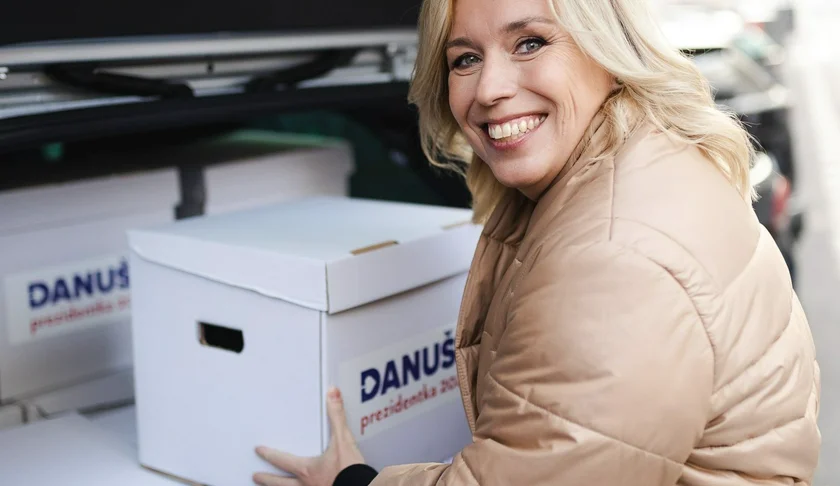
Will this move from neoliberalism to stakeholder capitalism, which implies a different role for the state as well as a focus on creating more cohesive and resilient societies, help more people see a positive future in the Czech Republic?
Yes, and that’s one of my priorities – to have higher social cohesion because, at the moment, it’s very low. We need to find a social model which will guarantee that the one-third of households that are currently in, or at risk of, poverty are helped and included. Social tensions have also been caused by radical and populist politics as well as feelings of disconnection from politics, government, and the state.
As president, I would open up a conversation with these people who feel that the state and the government don’t care about them. Everyone in the Czech Republic is aware of the divides in our society and many talk about building bridges – but it’s just talk. Not enough people are listening and not enough people are actually building bridges. I would see that as part of my job – listening, helping others listen, and starting to understand the different perspectives, where the divides come from, and how they could be addressed.
We have to be able to deal with different opinions and perspectives, and often they show us things that we have missed.
Are there limits to that conversation – and to that understanding? For example for those who say that Vladimir Putin is right?
Definitely. The president has to be able to clearly label the country’s enemies and at the moment one of those enemies is Putin’s Russia. Of course, there are limits to the conversation: the limits of democratic principles and values.
It seems as though your views are quite aligned with the positions advocated by Foreign Minister Jan Lipavský. He has been very strong in support of democracy, human rights, and fundamental freedoms. Is that something you would encourage in the Czech Republic’s foreign policy?
Yes, I would definitely support the continuation of this foreign policy started by the new government [elected in 2021 and led by Petr Fiala].
However, while the president can help open doors and support the work of the government, the president doesn’t have an independent foreign policy. The president should be aligned with the foreign policy of the elected government.
Nonetheless, Czech presidents have been important symbolic figures for the character and credibility of the nation. For example, when current President Miloš Zeman said that the Czech Republic should become “an unsinkable aircraft carrier for Chinese investment,” it really made a statement about the positioning of the country.
The president should respect information brought by the secret and intelligence services as well as the government. The president should have a clear sense of the country’s interests and act accordingly.
When it comes to China, we’ve unfortunately seen similar problems in Germany because China is a huge business partner for the country. Sadly, I can see parallels with its past attitude to Russia. I’m really warning against that. We have to learn from history and can’t let this happen again.
No country can act alone in foreign policy, at least not effectively. How would you go about getting allies such as Germany on your side?
We have been among the EU leaders who have responded to Russia’s attack – quick to react and strong in supplying weapons and applying sanctions. That kind of example helps to persuade, but that is the role of the government, although the president can support them of course.
The president should talk publicly and contribute to the national conversation – but also to the conversation with other heads of state in Europe and around the world. I think that the president needs to be more active in this regard – and especially in speaking about the threats that come from Russia and China. That would be a role I could play in talking to our allies.
What is your view on migration, which has been a controversial topic in the past, including in relations with Germany?
It’s necessary to distinguish between legal and illegal migration. The legal one, which includes economic migration, is a normal part of our lives – more than a quarter of a million Czechs live abroad, after all! I am proud that Czechs have opened their hearts and helped Ukrainian refugees. These refugees have been properly registered and have the necessary residence permits. Our country will benefit from their integration.
The opposite is illegal migration which must be fought. Smugglers must be brought to justice and the borders of the Schengen area must be protected.
What sets you apart from the other candidates for president?
Firstly, I have a vision for how Czech society can progress and how it can look better in the future. I’m often compared to Slovak President Zuzana Caputová. We both bring a modern perspective to politics, we are both experts rather than career politicians and as many people have pointed out we’re both women!
Being an independent lets me act more freely and not worry about quarrels in my political party. I don’t have any of that other baggage. That’s a big advantage, especially at a time when politicians need to win back the trust of the people.
I showed the value of being an independent expert when I was asked to be the president of the pension reform committee under the previous government. Now our proposals are being further developed by the current government. I was able to build trust across parties by talking to and negotiating with them, even if they had different positions. That’s important in helping to heal our divided society.
What is your vision for the future of the Czech Republic in the EU?
First, we should ensure that the Czech Republic actually and actively contributes to Europe. That’s what we’re doing now and showing we can be more than just critics without proposals of our own. The current government is clearly showing that we’ve changed and having the presidency of the Council of the EU at this moment has been very valuable. I would contribute to sustaining this more proactive and constructive approach.











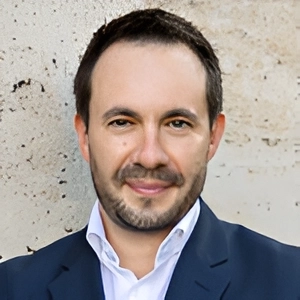
 Reading time: 7 minutes
Reading time: 7 minutes 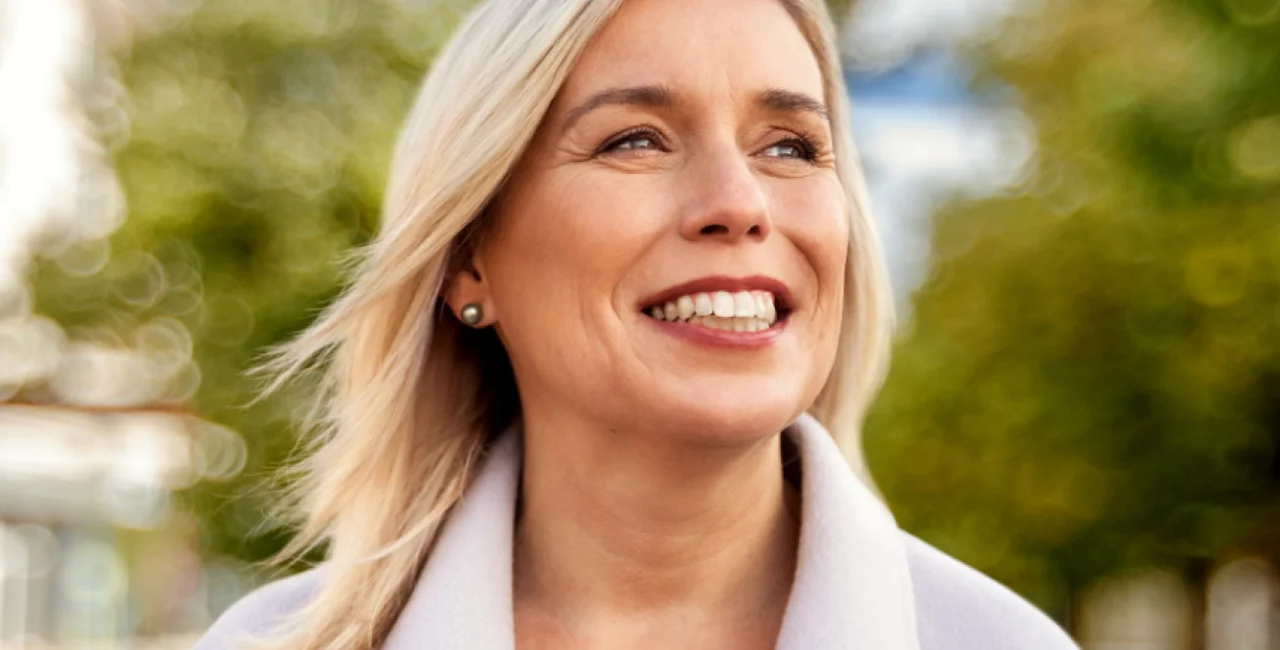


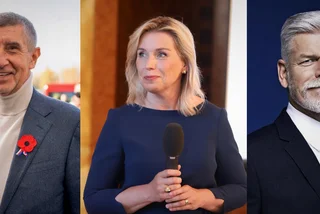

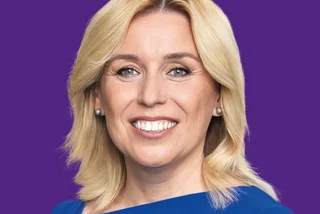

 English
(Advanced)
English
(Advanced)
